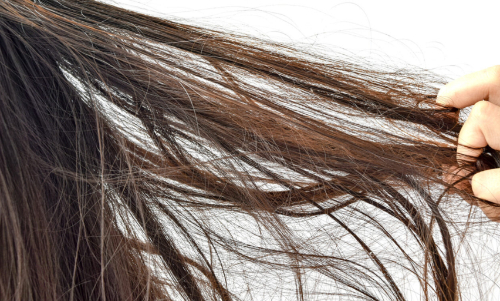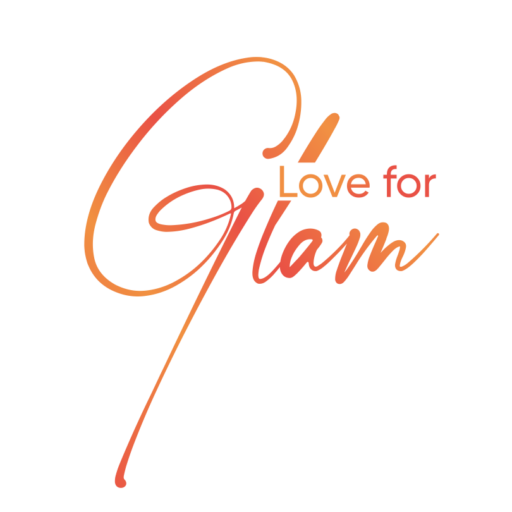Are Silicones In Hair Products As Bad As Everyone Seems To Think?
Please follow and like us:
Silicones are components found in many different hair care products, including serums, hairsprays, and shampoos & conditioners. They can help you control frizz, enhance shine and even retain hydration. However, it seems as if in the last couple of years people are more and more on the lookout for silicone-free hair care. What is all of that fuss about, and are silicones really so bad for your hair? Long story short, no, they are not. Silicones do not damage your hair, and most hair types could actually benefit from having silicones in their hair care routine. But not all silicones are equal, and you have to understand how they work in order to pick the right ones for you.
Silicones are synthetic polymers with hydrophobic characteristics. They can be found in makeup, skincare, hair care, and even styling products. But there are numerous types of silicone, and all of them serve a different purpose. In other words, some silicones that work great in makeup, don’t do so well when in conditioners or other hair products. The silicones that are most commonly found in hair care products are cyclomethicone, amodimethicone, and dimethicone. Cyclomethicone is especially popular in the hair world, as it’s a light, water-soluble silicone that does not cause build-up.
While silicones won’t nourish your hair, they will protect your hair and lock hydration into your hair fibers. They form a thin protective layer around your cuticle, protecting the hair shaft from outside aggressors. Silicones shield your hair from hot tools, UV light, brushing, humidity, and more. They smooth out the hair and reduce frizz. While none of these effects are permanent, silicones are a great way to protect your hair, while you hydrate and strengthen your mane with other products as well.
Silicones can be found in pretty much any haircare product. From shampoo & conditioner to styling creams and hair serums. It’s up to you which products you will choose. Personally, I don’t really enjoy silicones in my shampoo. But I do really like them in my conditioners and hair masks. Additionally, if you are trying to avoid silicones in your hair routine, know that just because it says “silicone-free”, that does not mean that a product actually does not have any silicones in it. It most commonly just means that the product does not contain any heavy silicones that aren’t soluble in water. Generally, anything ending with a “cone” is a form of silicone.
As we already explained, silicones are perfectly safe. Most hair types could benefit from having them in their hair care routine. But if you have very fine, thin hair, that is easily weighed down, you should mostly use products with cyclomethicone in them. Other types of silicone may be a bit too heavy for you and could cause your hair to appear flat. For thick or coarse hair types, silicones are a gift sent from heaven. You can even use heavier silicones like dimethicone, as they will help you control frizz and smooth out the surface of your hair. However, silicones are not a mandatory part of any hair care routine, and if you want, you can fully skip them. Instead, you could use different oils to achieve a similar effect.
YOU MIGHT ALSO LIKE
How to Add Volume to Your Flat Hair

